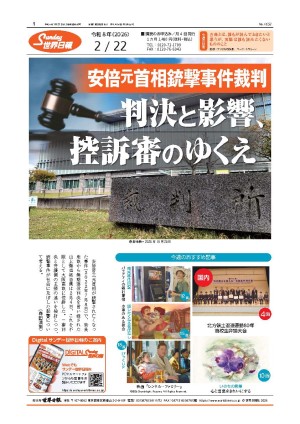オーストラリアに向かう移民の高潮 Australia’s migrant tide
世界中の移民の大波は、南から北に向かうものだけではない。移住者はオーストラリア(豪州)にも大挙して向かっているのである。そこで、豪州の最高裁判所は、欧州や北米で起こっているような移民危機が起こるのを恐れて、一時的休止措置を命じた。
宗教的迫害からの自由や、広範な福祉政策網を有する豪州の高い生活水準は、この地球の(英国から見て)正反対の所にある国を、何百万人ものアジア人が目指す目標にさせているのだ。移住者の多くは、命懸けで避難所を求める正式に認められている難民である。しかし、ほかに、仕事や専門家としてのキャリアを探し求める経済移民もたくさんいる。
...【全文を読む】







